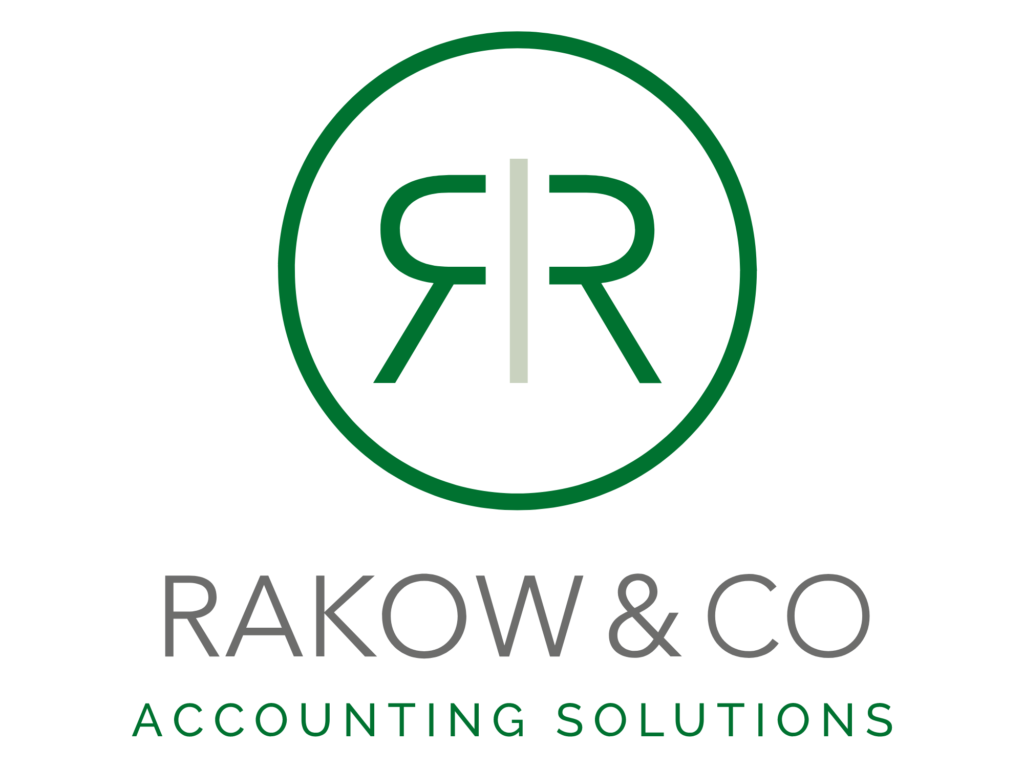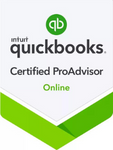As a mental health professional, your passion lies in helping clients and providing superior care. Bookkeeping shouldn’t consume your thoughts and stir financial worries in your life.
As a health care accountant, we’ve put together 6 best practices to help you put the building blocks in place so that you can de-stress your life and focus on your clients. This guide will get off to a good start when doing bookkeeping for mental health professionals.

1. Separate Business And Personal Finances
The first thing to get right with mental health bookkeeping is separating personal and business finances. Too many therapists make the mistake of using their personal credit cards, bank account and cash for business expenses.
Open a separate business account to track your practice’s expenses and income. This separation not only ensures accurate record-keeping but also makes tax time much simpler for you. Choose an accounting software that integrates with your bank for seamless bookkeeping in your mental health business.
2. Track Everything
To maximize tax deductions, it’s essential to track all business expenses diligently. Do you drive to your clients’ homes? Do you use part of your home as an office?
From mileage to home office expenses, document and categorize these costs well. Save receipts, utilize mileage tracking apps, and keep a record of transactions. By maintaining accurate records throughout the year, you’ll have solid proof for deductions and avoid missing out on potential savings.
3. Set And Stick To A Schedule
Just like mindfulness works best if done consistently and on a regular basis, the same principles apply to good bookkeeping for mental health professionals.
Establish a regular schedule to reconcile and review your books, and stick to it. Whether it’s weekly or monthly, dedicate time to record and categorize transactions promptly.
Avoid procrastination, as falling behind will only add stress and increase the likelihood of errors. If you are struggling to find time to regularly attend to bookkeeping tasks then consider a bookkeeping clean-up service that will help you get up-to-date and stay on top of your financial admin.
4. Use Accounting Tools
Take advantage of affordable and user-friendly accounting tools, designed for small business owners. Choose a solution that will make it easier to do the bookkeeping for your mental health business.
Choose a bookkeeping software that automates reconciliations and can categorize transactions for you – saving you time and reducing errors.
These platforms can also integrate with invoicing and payment tools that can streamline your practice’s financial operations, make you look more professional and help you get paid faster.
5. Run A Business, Not Just A Mental Health Practice
Bookkeeping for mental health professionals goes beyond just keeping records and paying your taxes on time. It’s important that you keep your books up-to-date so that you can generate powerful financial reports.
Good bookkeeping will provide you with valuable insights into your practice’s financial health. It will give you the reports you need to make data driven decisions.
6. You’re Not Alone
How much time do you spend each week on administrative tasks? There’s a good chance that your bookkeeping takes up a good percentage of your overall time, right?
Making use of a small business accounting service can drastically reduce the amount of time you spend on your finances. Your tax will always be in order and you’ll have the financial insights and advice you need to grow a sustainable mental health professional business.

We Do Bookkeeping For Mental Health Professionals
At Rakow & Co we work with a range of health care professionals, just like you. Give us a call on 732-551-5837 or book a free consultation with us now.
FAQs
What is included in bookkeeping services?
The offerings provided in a small business bookkeeping service can vary but should include:
Accounts Receivable
Accounts Payable
Bank Reconciliations
Financial Reporting
Accounting Software
At Rakow & Co we have three standard bookkeeping service packages with add-on services (payroll, sales tax and small business support) available. This ensures that we have a plan that can be tailored to your specific business needs.
Why outsource bookkeeping services?
Outsourcing bookkeeping services can provide your businesses with cost savings, access to specialized expertise, increased efficiency, scalability, and improved data security.
Are bookkeeping services taxable?
Typically, professional services are not subject to sales tax. Small business bookkeeping services are however tax deductible – making outsourced bookkeeping for mental health professionals more appealing.
What does HIPAA stand for?
HIPAA stands for the Health Insurance Portability and Accountability Act.
Do mental health professionals need to comply with the HIPAA requirements?
Yes, you are required to comply with HIPAA regulations if you handle protected health information (PHI) in your practice.
HIPAA sets standards for safeguarding PHI and ensures the privacy and security of patients’ sensitive health information. It is crucial to understand and adhere to HIPAA requirements to protect the confidentiality and privacy of your clients’ health information.








